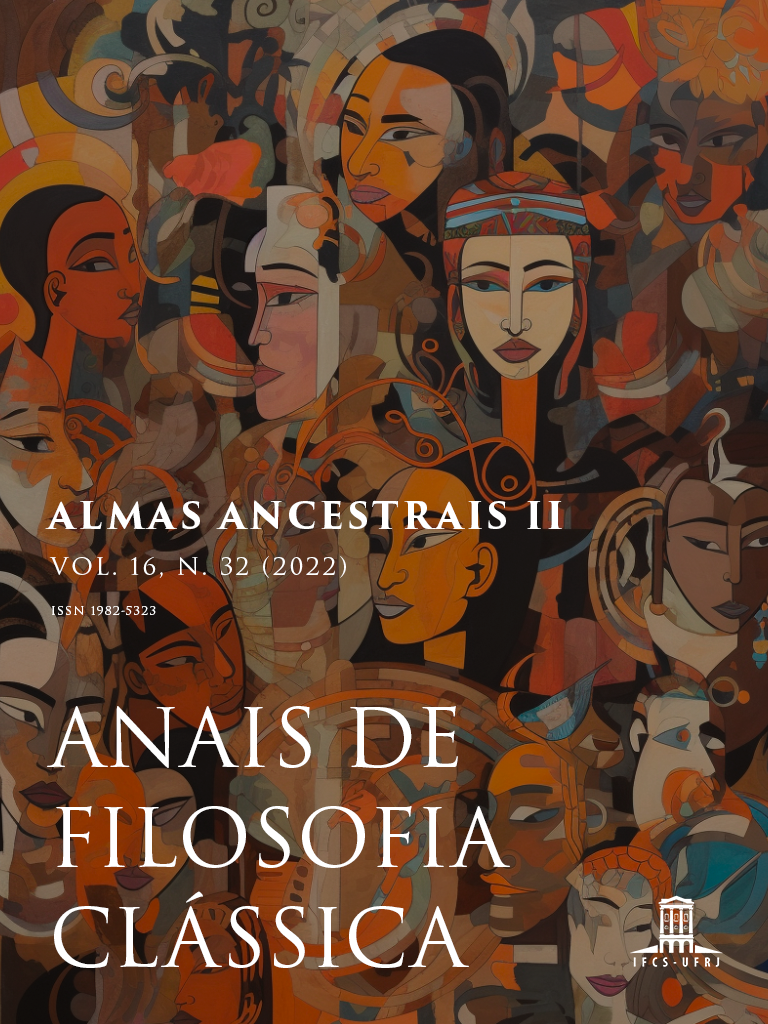O Estatuto do Saber na G´récia Antiga
DOI:
https://doi.org/10.47661/afcl.v16i32.62872Keywords:
Wise, Wisdom, Sophia, ScienceAbstract
The notion of sophía is not easily understood and attempts permeate the entire history of Western philosophy. One way to get closer to one of its meanings is through the legend of the seven sophóí from Ancient Greece. According to it, seven characters were elected wisemen and the reason for this is the object of study in this article. After analyzing texts from the 5th and 4th centuries B.C., it is clear that the sophía attributed to the group is not homogeneous: while some are recognized for dominating political reasoning, as is the case of Solon of Athens, others add a new facet to the wisdom from scientific reasoning, as is the case of Thales of Miletus. Finally, there is a third group, known as Pythagoreans, who seemed to unite these two, making use of scientific reasoning for the good governance of the pólis. The Pythagorean sophía seemed to influence other authors, such as Plato, who outlined his political project in book VII of the Republic in a similar way to the group.
Downloads
Published
Issue
Section
License
Copyright (c) 2024 Anais de Filosofia Clássica

This work is licensed under a Creative Commons Attribution-NonCommercial-ShareAlike 4.0 International License.


